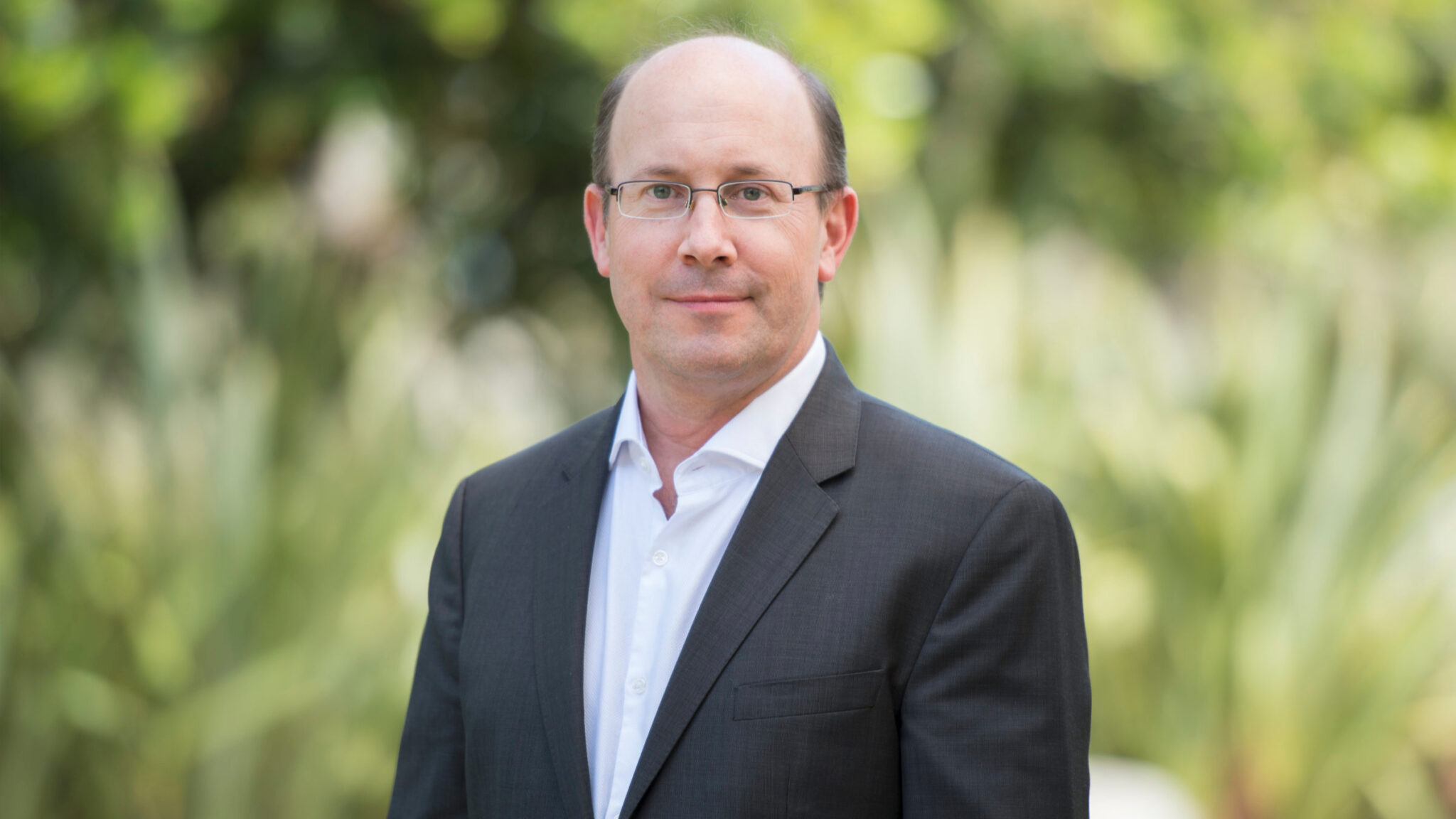
FDA lifts partial hold on Kura's Phase Ib AML program as biotech redoubles mitigation efforts
Kura Oncology is clear to resume studies for its early-stage leukemia program after the FDA lifted a clinical hold Thursday afternoon.
Regulators had placed the hold on a Phase Ib study of KO-539, an experimental oral treatment for some genetic subsets of acute myeloid leukemia last November after a patient died while taking the drug. Kura expects to begin enrolling patients again imminently, CEO Troy Wilson told Endpoints News.
Unlock this article instantly by becoming a free subscriber.
You’ll get access to free articles each month, plus you can customize what newsletters get delivered to your inbox each week, including breaking news.